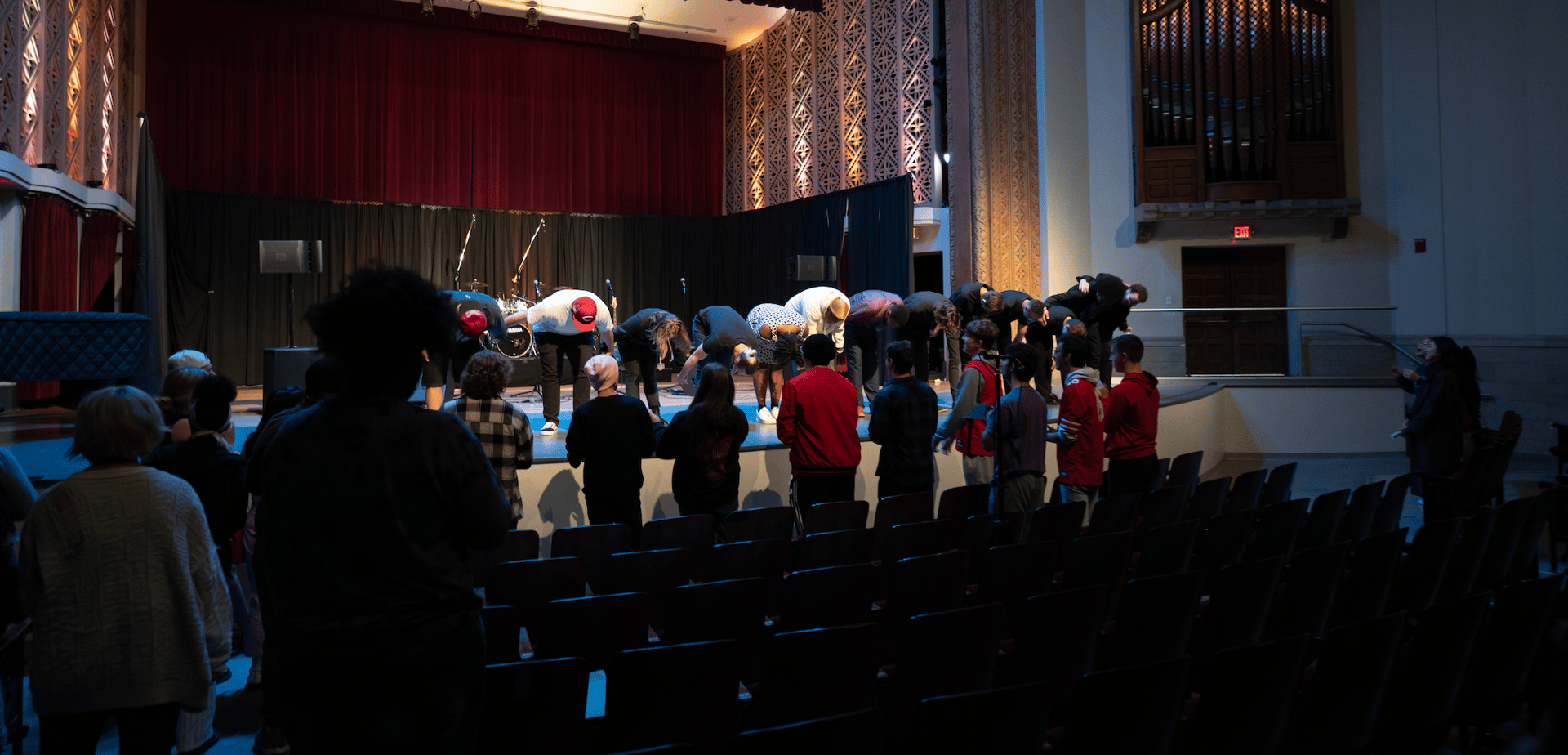
Changing Lives Through Event Production
Josephine Hutira


Hey there! I'm Jo.
I am a Live Events Technician specializing in Sound Reinforcement... among other things. A wearer of many hats, I am able to add value to productions and projects in a wide variety of different ways.
Aside from hard skills, I place a high emphasis on professionalism, teamwork, coaching/mentorship, and client satisfaction. Everyone within a production deserves to feel appreciated for the work they're putting in; I take this mentality to events ranging from corporate to rock n roll, and everything in between.
Things I have done
Audio
Video
Production
FOH Engineering
Monitor Engineering
System Technician
Crew Chief
Audio Production (recording, mixing, and mastering)
System Technician
Switcher
Editing
Syncing
Production Management
Stage Management
Budgeting/Finance
Scheduling
Logistics
Misc.
Session/Live Bassist
Client services
Troubleshooting
Training/Education
Music
Podcasts
Voiceover
What Does Professionalism Mean to Me?
"What is professionalism?" is a common interview question that plagues young artists like no other. We have all heard of the word, and likely use it in our everyday lexicon. But what is it? Is it being able to get the job done? Is it being reliable? Is it being respectful? How do you articulate these thoughts into a cohesive answer during an interview with seconds to think?
Having worked in food service, corporate A/V, rock n roll, and student-ran productions, I have seen all types of workers showing their interpretation of professionalism. And in my opinion, it really comes down to one thing...


For more posts like this, check out my blog.
To me, professionalism is knowing when to speak, and knowing when to listen.
Knowing when to speak is not:
Stating the obvious
Attempting to belittle or “one-up"
Diverting progress through distraction
Knowing when to speak is:
Engaging a team or audience
Coaching others for skill development
Correcting errors by voicing concerns
Knowing when to listen is not:
Thinking of a response
Refusing to understand
Ignoring through non-verbals
Knowing when to listen is:
Searching for non-verbal cues
Appreciating another’s thoughts and words
Understanding why someone chose to speak

